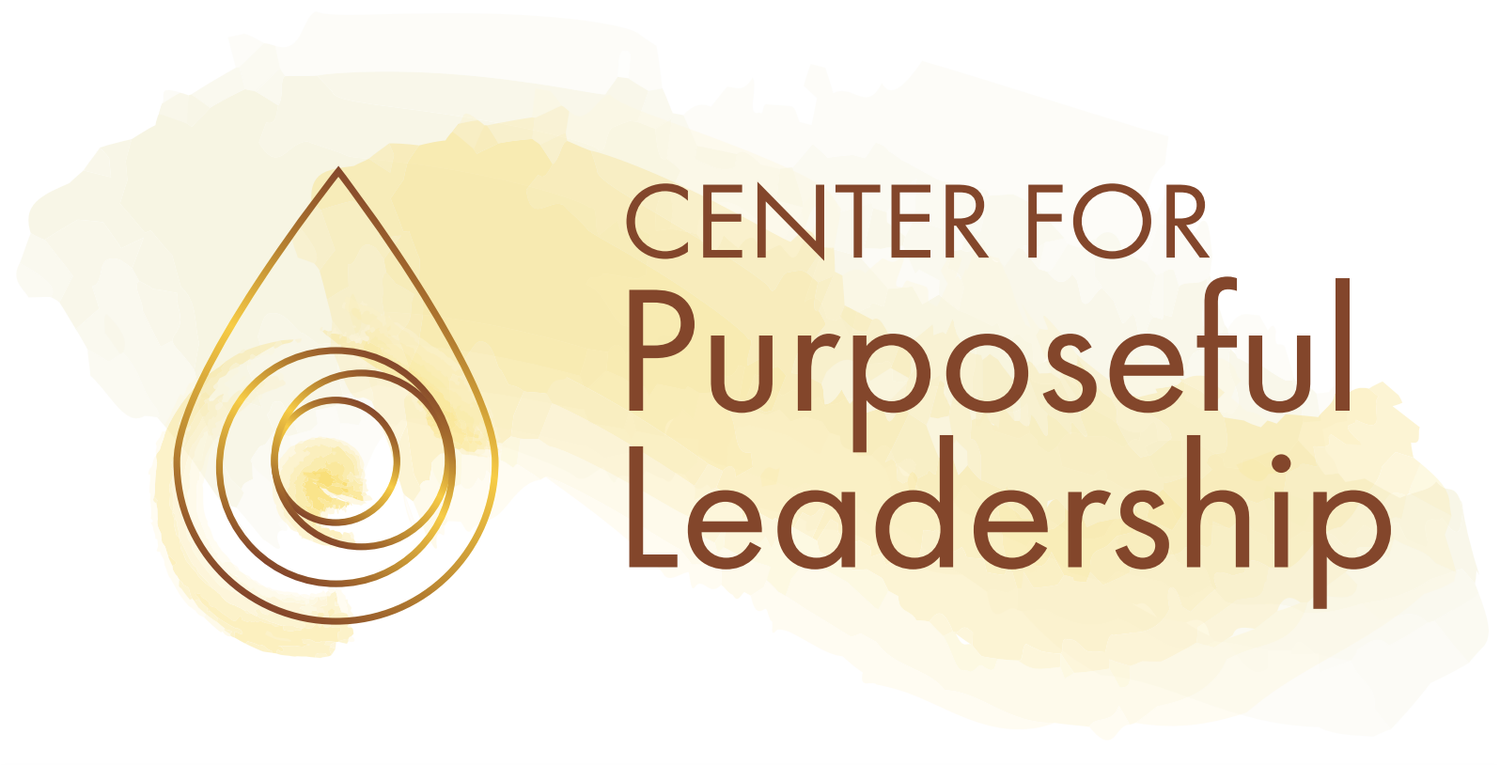Convening Conversations that will Change Your Life:
Creating Spaces for Connection & Engagement
Written by: Greta Seitz
This week we heard from Conversation Starters Craig Neal and Director of Art of Convening Programs, Mary Elaine Kiener to explore types of conversations that can transform your relationships, your life and even our world! We also heard from recent Art of Convening Applied Convening graduates Lydia Cheng and Greg Wilson as they described the impact of convening in their journey towards becoming more purposeful leaders.
We began with a beautiful guided meditation by Terry Chapman focusing on the interconnectedness of all things in the world. With this, we were able to set the tone and create space for meaningful conversation with open minds and hearts. Transitioning into the conversation, we heard all the voices in response to the following question: “What is 1 change you would like to see in the world?” The responses were deep and encompassed a broad range of answers but the main theme that emerged involved creating a culture of care, whether it be through
Peace
Leaders with love
Equity
Joy
Love
Laughter
Understanding
Compassion
Empathy
Listening
Awareness
Presence
Connection
Respect
Next we heard from Mary Elaine who shared the following quote,
“Every gathering is an opportunity to deepen accountability and commitment through engagement. It doesn’t matter what the stated purpose of the gathering is….The leader’s task is to structure the place and experience of these occasions to move the culture toward shared ownership.” — Peter Block
So many of our problems stem from not knowing how to have effective conversations with others, but we as the conveners must change the conversation. How do we do that?
Mary Elaine shared the 6 types of conversations as well as a survey to allow participants to check in with their own conversational intelligence by rating themselves on a scale for whether or not they practice the following attributes while convening a conversation:
6 types of Conversations:
Invitation
Possibility
Ownership
Dissent
Commitment
Gifts
7 Questions Re: Conversational Intelligence (Do you….)
Listen with curiosity, respect and without fixing
Suspend certainty
Allow space for difference
Slow down the conversation
Speak from your own experience
Explore new ways of thinking and being
Presume positive intent
With this transition, we moved into our first small breakout groups where we discussed, “What are the conversations for you right now, how might they be different?” In the large group, participants shared the various perspectives gained in the Wisdom Circles such as recognizing the presence of power dynamics in difficult conversations, when you listen deeply you often don’t need to prepare what you are going to say or the “right” comeback, how fear can be a barrier in difficult conversations, the sacred and necessary presence of love and vulnerability in convening, and more.
Following the Wisdom Circles, the group heard from Applied Convening graduates, Lydia Cheng and Greg Wilson. Lydia shared how she was familiar with The Art of Convening but wanted to take her experience a step further and continue learning. Greg shared his own experience in a corporate setting and how he uses convening to approach difficult conversations to allow for better outcomes.
In the second Wisdom Circles, groups were given the following questions to sit with and discuss:
“What is the crossroad where you find yourself at this stage of your life or work?”
“How will OUR future be different as a result of YOU convening better conversations?”
There were some wonderful responses showing the rich learnings and discoveries of each of the groups such as:
“Stepping into the unknown rich edge with curiosity and trust”
“The idea of ‘necessary selfishness’ and how we must remember to take care of ourselves in order to best serve others”
“Allowing ourselves to just ‘be’ in the unknowing and harness trust”
“As an elder/older time is precious and I am choosing to be more discerning about what I choose to do/be”
“The importance of relationship and the need of constant awareness of our projections”
“Crossroads - practicing embodied learnings”
If you are interested in Applied Convening or any of the Art of Convening programs, you can learn more by clicking the links or reaching out directly to Craig Neal or Mary Elaine who would be happy to share more and discuss with you!


